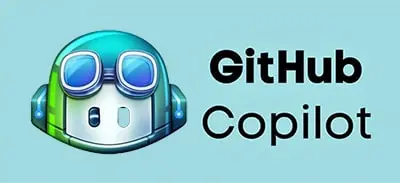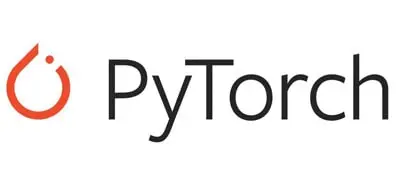Top 5 Most Powerful AI Tools in Software Development


Artificial intelligence is the new big thing happening in the world. People are keen on AI tools and making their tasks more easy and up-to-date. In software development, AI tools are real game changers. They offer unprecedented efficiency and creativity. In this article, we are going to introduce the top 5 most powerful AI tools in software development.
Why Github Copilot?

Imagine having a co-pilot while coding, one that understands your code and suggests the next line or even entire functions? That’s GitHub Copilot for you! Powered by OpenAI’s Codex, it’s like having a knowledgeable partner who speaks the language of software development fluently.
Making code more accessible and efficient
The power of TensorFlow

Developed by Google, the power of TensorFlow is an open-source library that’s synonyms with machine learning and deep learning projects. Its flexibility and extensive community support make it a top choice for developers and researchers alike.
Empowering developers with machine learning
Why Jupyter Notebooks?

Jupyter Notebooks offer an interactive environment that’s perfect for experimenting with code, visualizing data and sharing insights. It supports 40 programming languages, including Python, R,and Scala, making it a versatile tool for software development.
A playground for creativity and collaboration
The appeal of PyTorch

PyTorch is a favorite among AI researchers and developers for its simplicity, flexibility, and dynamic computational graph. It allows for easy and fast prototyping, making it ideal for both academic research and commercial applications.
Accelerating AI Innovation
What makes H20.ai stand out?

H2O.ai is on a mission to make AI accessible to every company, not just tech giants. With tools that automate machine learning workflows, H2O.ai enables companies of all sizes to leverage AI for their software solutions.
Bridging the gap between AI and Business
The integration of AI tools into software development has significantly improved the efficiency of software development companies. It helps them to innovate, optimize, and excel in a competitive landscape.
AI tools streamline the development process, enhance code quality, offer predictive insights, and automate repetitive tasks, allowing developers to focus on creative and complex aspects of projects.
Yes, many AI tools offer free versions or scalable pricing models, making them accessible to companies of all sizes. The key is to start small and scale as you grow.
No, AI tools are designed to assist and enhance the capabilities of software developers, not replace them. They automate mundane tasks and provide insights, enabling developers to be more innovative and efficient.
Consider your project’s specific needs, the expertise of your team, and the community and support available for the tool. Experimenting with a few tools and leveraging community feedback can also guide your choice.